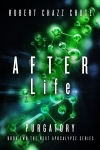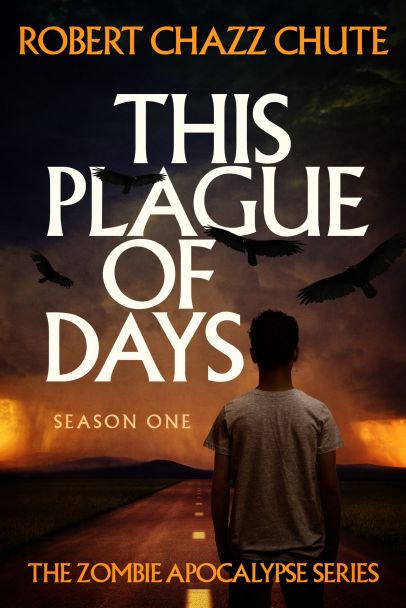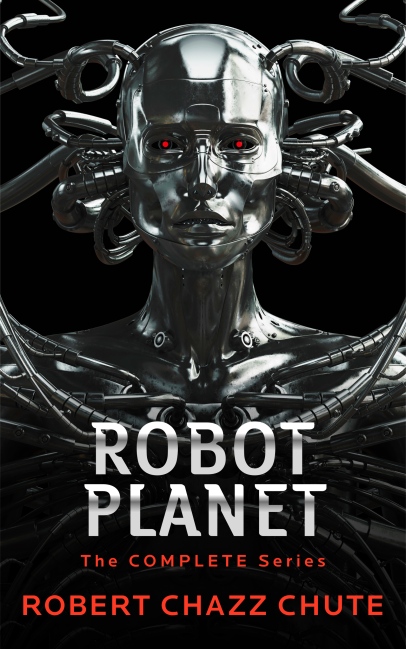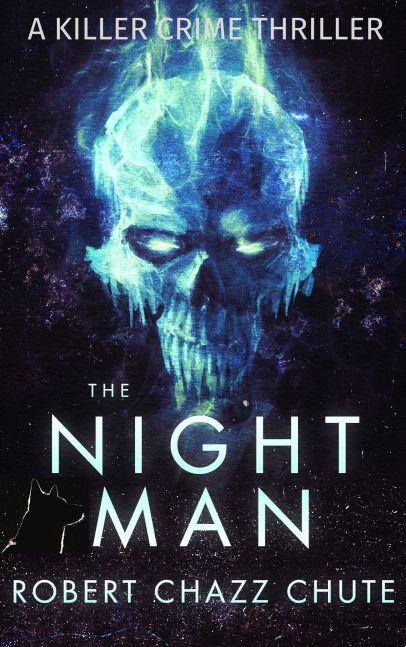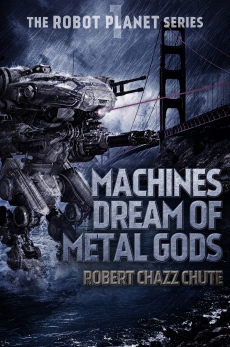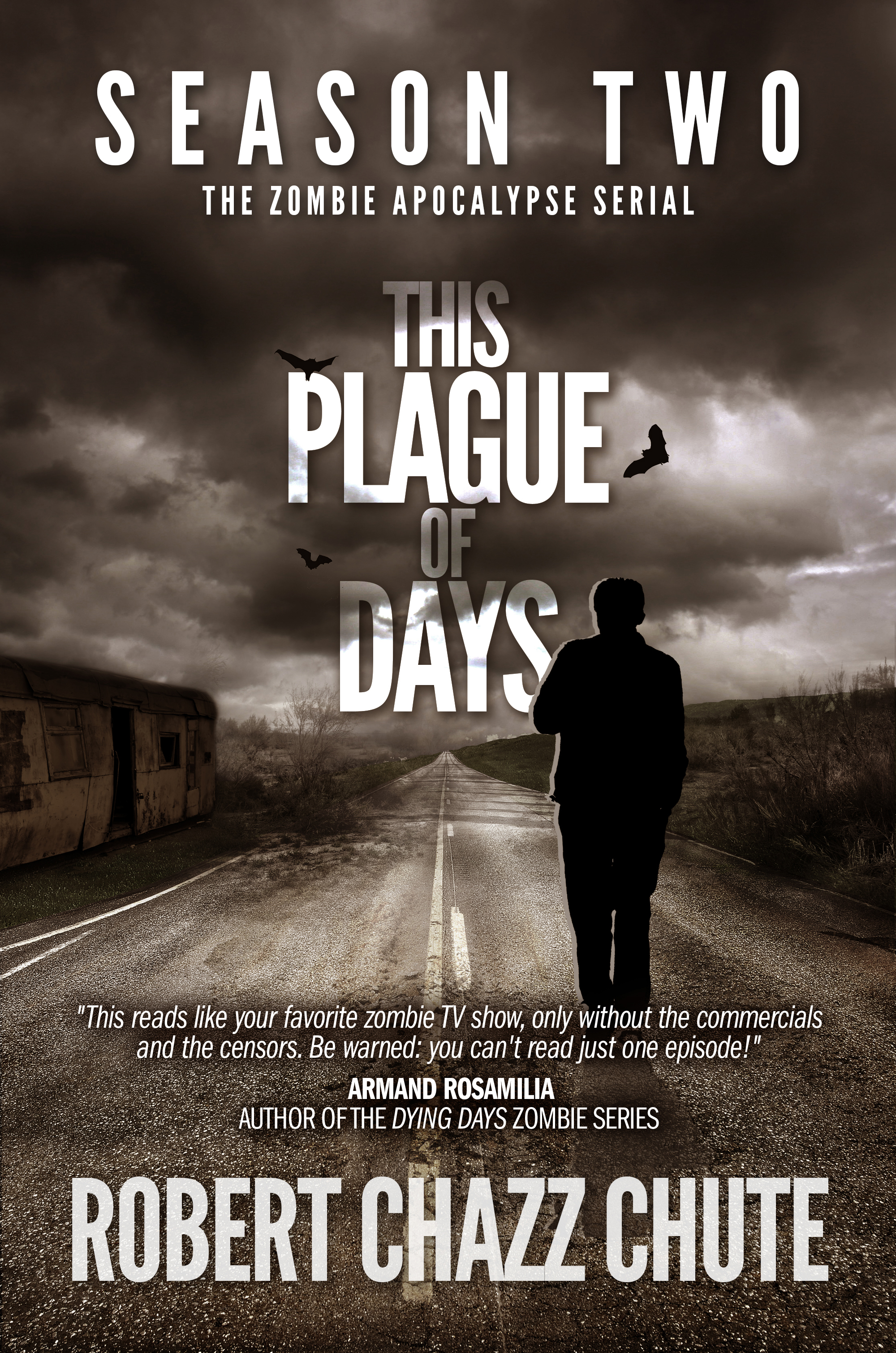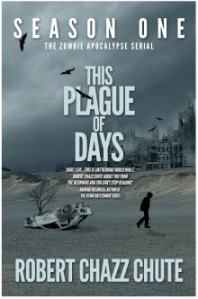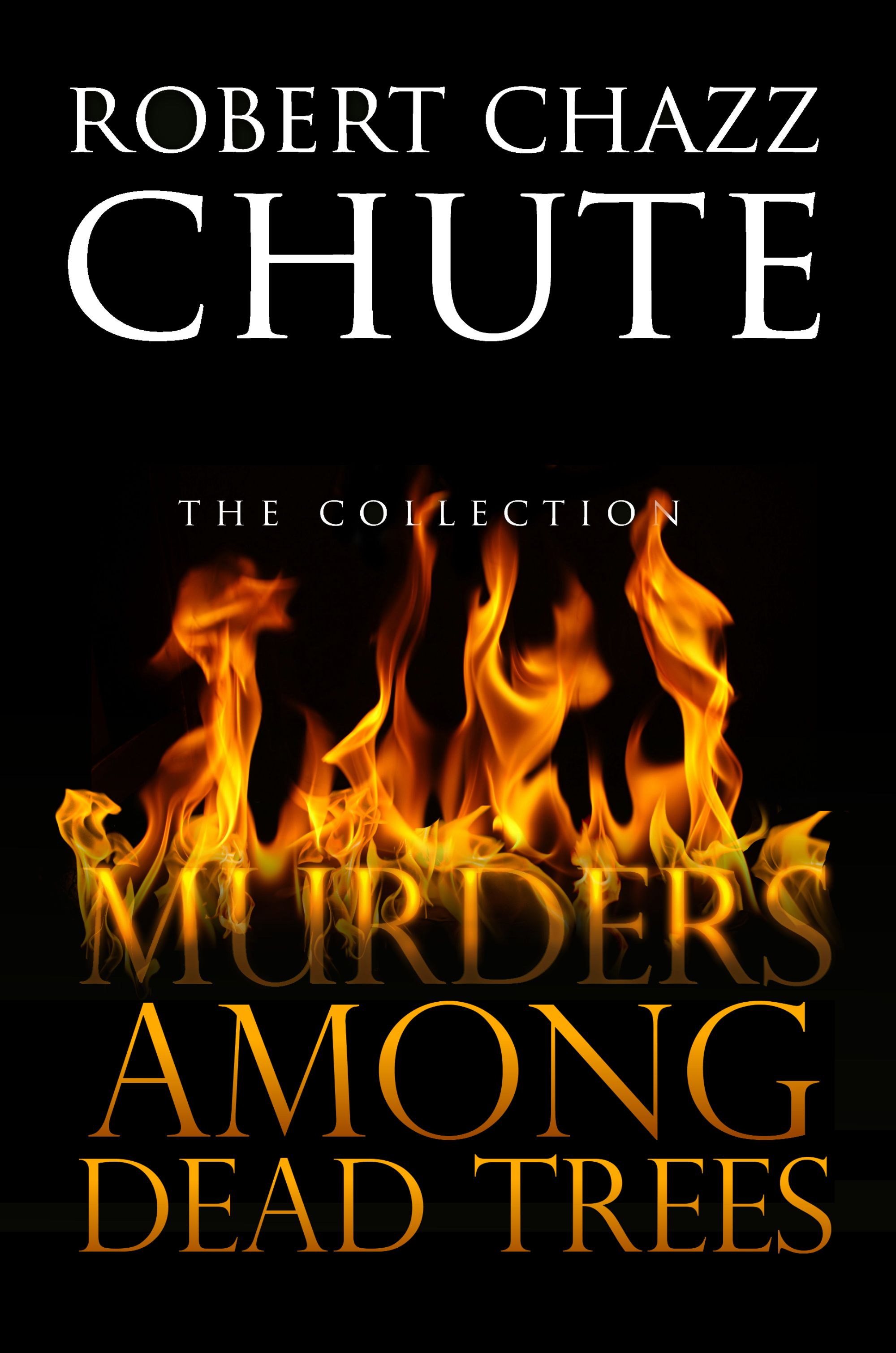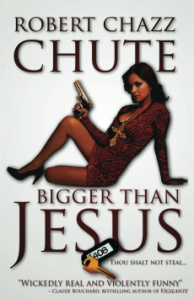I got an ugly and unhelpful surprise this morning. Make sure this doesn’t happen to you.
It used to be that you could go to Author Central on Amazon to check for your latest reviews. I am encouraging you to check your book’s sales pages regularly because, sadly, Amazon is not reliable. Pardon my tone, but my wife is ill, and I’m concerned about that. I’m feeling not so great, either, so my frustration is compounded by seeming to be thwarted at every turn and told to suck it up. (More on that bit of shit further down this post.)
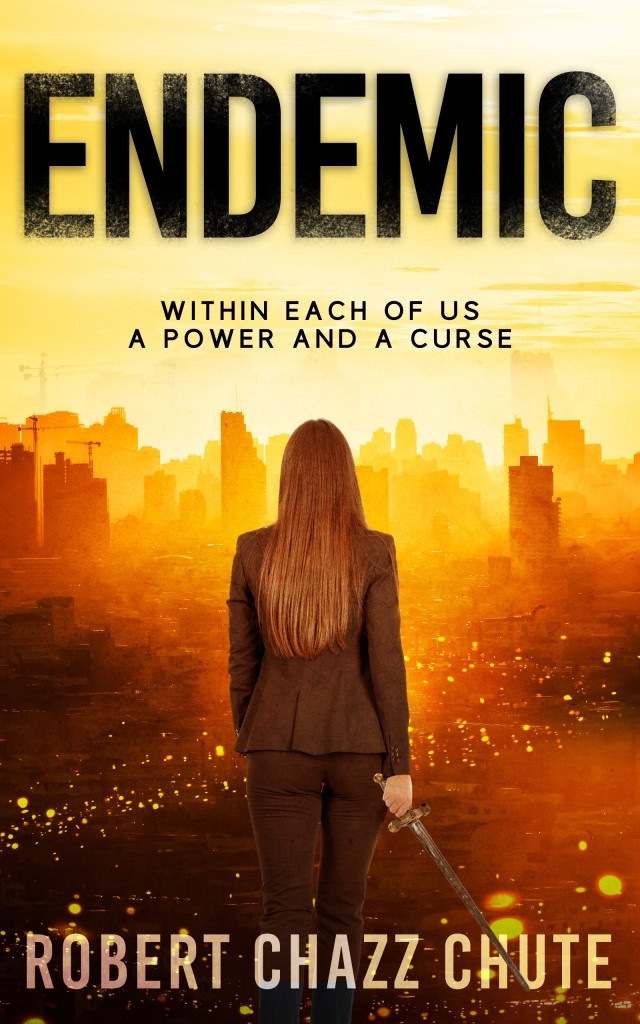
The First Assault
Regular readers here may recall that Amazon sabotaged the launch of my award-winning novel, Endemic. I couldn’t advertise it at all (for reasons unknown) in the first critical weeks after its release. I am so proud of that book, and to see its wings get clipped before it could fly was incredibly frustrating. I soldiered on, but yes, I’m bitter. It’s difficult enough to get any novel air and attention without unwarranted obstacles along the path.
Since that shaky start, Endemic has won first place in science fiction at both the Hollywood and New York Book Festivals. It also garnered a Literary Titan award. I know the novel is in the running for the North Street Book Prize since they let me know it’s in the semi-finals. In other words, this one is particularly important to me (and to my bottom line.) Book sales have tanked generally, so Endemic is the central weight-bearing pillar of my tiny castle.
And Now, This
This morning, on a whim, I had a peek at my Amazon author page. It looked fine until I clicked on reviews to take a deeper look. I guess I was looking for a little ego boost. Instead, I got an itch I could not scratch. The reviews for Endemic from the United States were not about Endemic. They were happy reviews of a vacuum cleaner!
That does not help me. (Curses ensued, several quite imaginative and not fit for general consumption.)
I contacted Amazon immediately, of course. While I checked my other books for linking errors, the kind gentleman on the help desk did some research. He couldn’t fix the problem himself manually, so it was elevated to the tech division. He hoped my little marketing disaster would be rectified within five days. I’m not blaming him. He did all he could within a system that could use more organization.
Amazon has been making big changes lately. From adding Goodreads ratings, to categorization limits and snafus, to their new Top Picks feature, maybe they are moving too fast. When any system gets too big, there are bound to be logistics errors and smelly clogs in the plumbing.
Shots Fired
There is another annoyance when legitimate problems such as these arise. Some folks will insist your concerns are illegitimate and gloss over your lived experience. Some who fancy themselves leaders and book marketing experts have a filthy habit of putting a happy face on anything and everything Amazon does to us. They tell you to just write another book, relax, and ignore your crumbling sales data. They suggest that the Zon can do no wrong and everything they do is customer-focused. Uh, nope! Don’t pee on me and tell me it’s raining (and nutritious, to boot!)
It is undeniable that Amazon has done a lot right compared to other book sales platforms. I’m concerned those smart moves may be confined to history. Just because they’re the top sales platform doesn’t make me any less screwed today. If they are immune to criticism when they mess up, it’s like saying cops have all the power so they can do no wrong.
Whenever an author dares to cry foul because their income is taking a direct hit, they get gaslit by those who are comfortable with such chaos. By comfortable, I mean they are privileged enough to have more of a cash cushion. Hint: Some of those knobs aren’t necessarily sanguine about your troubles because they’re making a boodle off their books. They’re selling services to the indie community instead of writing fiction. Their compassion deficit is as deep as their pockets. Don’t listen to people who are too comfortable with your pain. You are not a whiner. You’re bleeding and need a tourniquet and a kind word.
So? What Now?
I’m not going to slap on a shit-eating grin and enthuse, “Don’t worry, be happy!” You can’t trust that all you have to do is wait and they’ll fix any problems. You have to remain vigilant to alert them to problems. The central premise of this blog has always been to track the ups and downs of writing and publishing without the bullshit, so here’s my honest advice:
Check your book pages to make sure the listings are correct. Check again regularly. You can’t set it and forget it because the Amazon platform has become too technically complex to be trusted. Or maybe get into the vacuum cleaner business. They seem to have a bunch of happy customers.
~ Oh, and please do check out Endemic. I’m so pleased with this novel because, beyond the apocalyptic scenario, it’s about people who don’t fit in, how they change and how they don’t. The dedication reads: “For anyone who has ever been pushed around. Against those who do the pushing.” That seems especially appropriate this morning. Listings and links for all my books are on my author page at AllThatChazz.com.

Filed under: Amazon, publishing, Amazon, books, Endemic, publishing, Robert Chazz Chute, self-publishing, writers, writing




